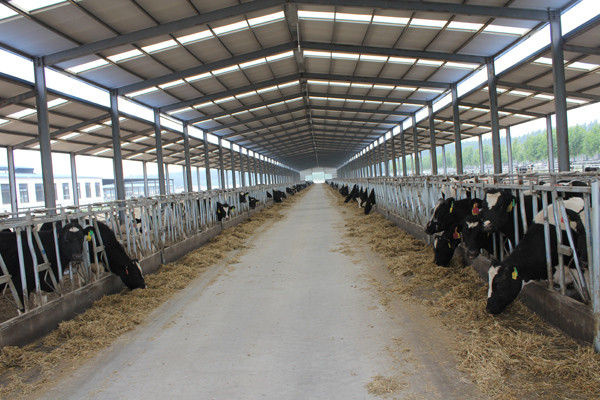 This is a social science research project exploring farmer, public and stakeholder views about indoor, pasture based and high input dairy production systems in the UK and Ireland. The project ran from 2018-2021.
This is a social science research project exploring farmer, public and stakeholder views about indoor, pasture based and high input dairy production systems in the UK and Ireland. The project ran from 2018-2021.
As a society we may be losing touch with how our food is produced, but one thing we all know is that milk comes from cows and cows eat grass. But is this the case anymore? And does it matter if this is changing? Research suggests grazing is a declining dairy practice in Europe and by 2025 a third of cows will graze. The UK and Ireland both have climates conducive to grass production. But due to historical and market based reasons they have very different dairy systems, making a comparison between the two countries in relation to values around pasture use in dairy systems an interesting prospect. Both dairy sectors are in flux and it is claimed that decisions facing the dairy sector now will have lasting impacts for the sector, and society more widely, for decades to come.
The dairy sector in the UK is a diverse sector with a variety of different production systems from pasture based, composite grazing systems with additional feeding, high input/output systems and all year round housed systems. The dairy sector in Ireland in contrast is nearly all grass based. There are ambitious plans in Ireland to double milk production after the removal of milk quotas, and certain actors want to make sure the sector stays on grass and farmers do not move towards the higher yields available in more intensive systems.
Indoor dairy farming means that milking cows are housed all year around. Cows are moved indoors so they can be fed high energy diets to increase milk yields. Previous research has shown that the public are generally not in favour of indoor dairy farming. It is claimed that indoor dairy farming results is worse welfare and health outcomes for cattle and the public does not want further industrialisation of agriculture. Voices within the dairy industry counter this by pointing out that the quality of management and stock keeping skills are more important than the type of production, and large scale, high tech farming is not a bad thing.
Indoor and high input dairy farming are controversial and timely research topics. This project involved interviews with key stakeholders and farmers in the dairy sectors in the UK and Ireland, observation on dairy farms and research with the public. The results are available through blogs, academic papers and public engagement events.
The project was funded as a British Academy Postdoctoral Research Fellowship for three years. The British Academy is the UK national body for research within the social sciences and humanities.
The advisors for the project were:
Dr Lee-Ann Sutherland - Senior Social Scientist at the James Hutton Institute, Aberdeen.
Dr Kate Millar - Director of the Centre for Applied Bioethics, University of Nottingham.
Dr Áine Macken Walsh - Senior Research Officer, Teagasc.
Dr Jenny Gibbons - Senior Dairy Scientist, Agriculture and Horticulture Development Board Dairy.
George Jamieson - Dairy, Education and Skills Policy Manager, National Farmers Union Scotland.
David Finlay - Dairy farmer, Dumfries and Galloway, Scotland.